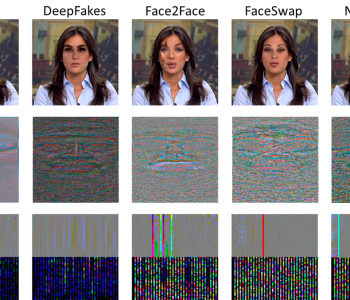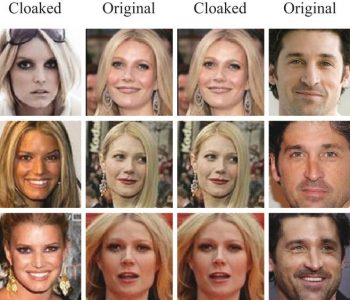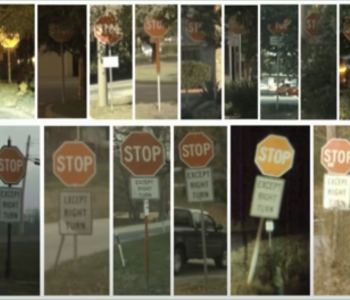 AI
AI
The Secretive Company That Might End Privacy as We…
Expose on Clearview AI who has built a ~30bn (and growing) image database scraping public sources like social media — without your knowledge or permission. Its used currently, as far as we’re told, solely for law enforcement. However, this puts the pressure on the privacy matters that have been gaining voice as computer vision neural nets go mainstream and improve over 95% accuracy.
While this is new ground technically, its not in the sense of a new technique which can greatly help society (solve crimes) can also be misused (including by those entrusted to use them properly). Just one example from some smart NYT reporting:
While the company was dodging me, it was also monitoring me. At my request, a number of police officers had run my photo through the Clearview app. They soon received phone calls from company representatives asking if they were talking to the media — a sign that Clearview has the ability and, in this case, the appetite to monitor whom law enforcement is searching for.
https://www.nytimes.com/2020/01/18/technology/clearview-privacy-facial-recognition.html
We don’t have privacy now and its regularly being eroded by cameras, online data, proprietary behavioral databases (e.g. Equifax).
“I’ve come to the conclusion that because information constantly increases, there’s never going to be privacy,” Mr. Scalzo said. “Laws have to determine what’s legal, but you can’t ban technology. Sure, that might lead to a dystopian future or something, but you can’t ban it.”
https://www.nytimes.com/2020/01/18/technology/clearview-privacy-facial-recognition.html
Banning doesn’t work and won’t here especially how technology easily spans borders where the legal standard varies.
“It’s creepy what they’re doing, but there will be many more of these companies. There is no monopoly on math,” said Al Gidari, a privacy professor at Stanford Law School. “Absent a very strong federal privacy law, we’re all screwed.”
https://www.nytimes.com/2020/01/18/technology/clearview-privacy-facial-recognition.html
As I’ve discussed before, this will not be solved by policy or technology solely. Its those two plus real criminal penalties for the violators and simple controls everyone can use like in a decentralized social network.
Watch this space.














